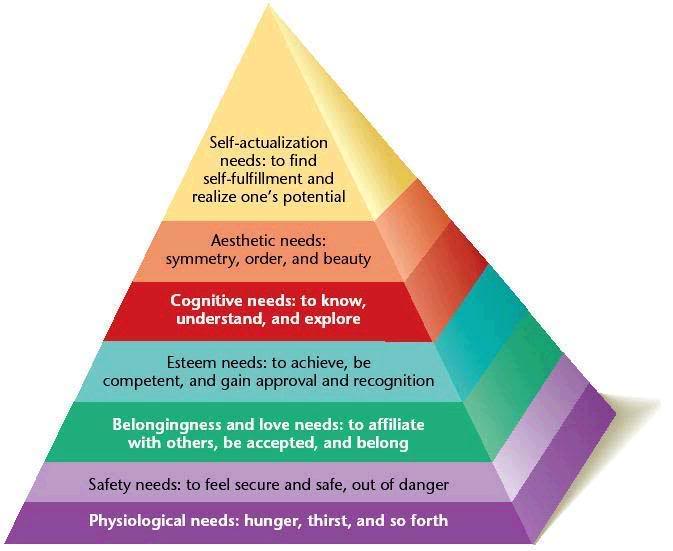http://www.youtube.com/watch?v=9dzxBxa1HQE
I want to bring your attention to the segment around 4:30 and after.
I learned from this that a simple head crank, turning away, can sometimes effective as a kind of time out in place. This episode was aired in 1963 and it models parenting techniques that had been validated in ABA research only a few years before, methods that most parents have not mastered even today. But perhaps they were already understood by some parents before the research, not sure.
I want to bring your attention to the segment around 4:30 and after.
I learned from this that a simple head crank, turning away, can sometimes effective as a kind of time out in place. This episode was aired in 1963 and it models parenting techniques that had been validated in ABA research only a few years before, methods that most parents have not mastered even today. But perhaps they were already understood by some parents before the research, not sure.
Last edited:



